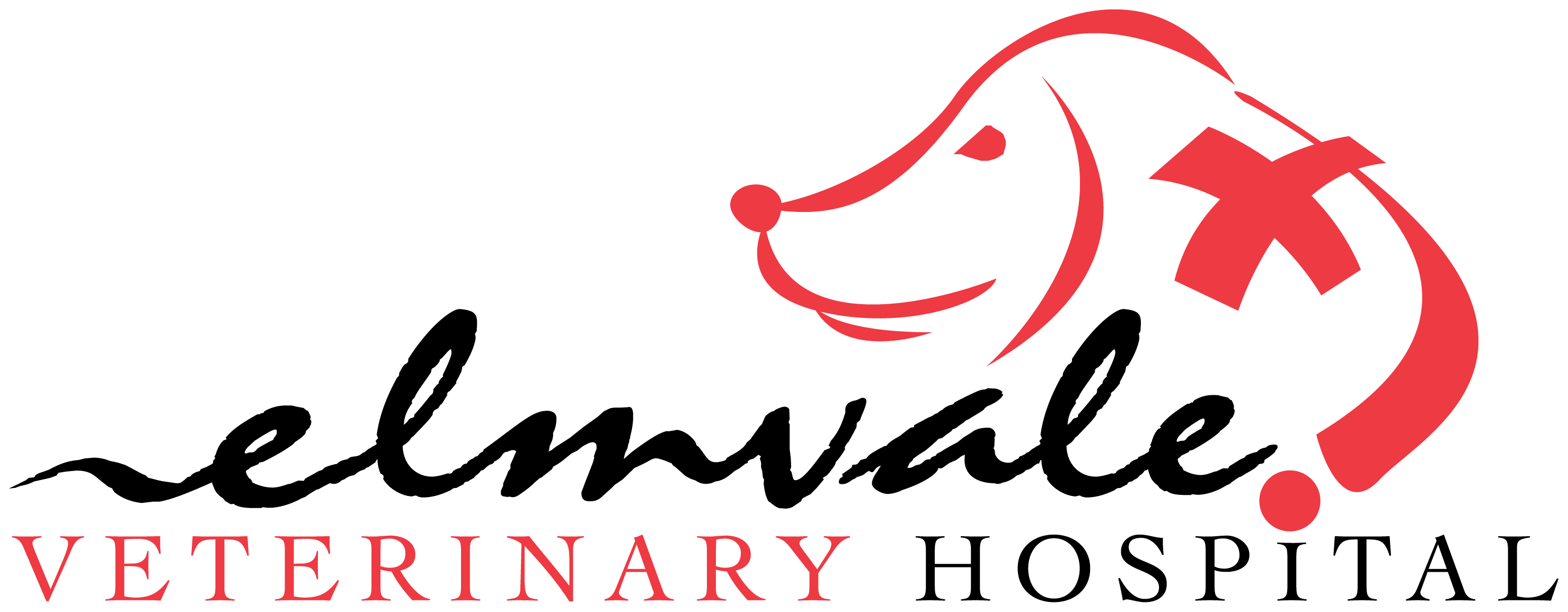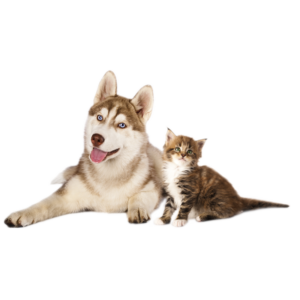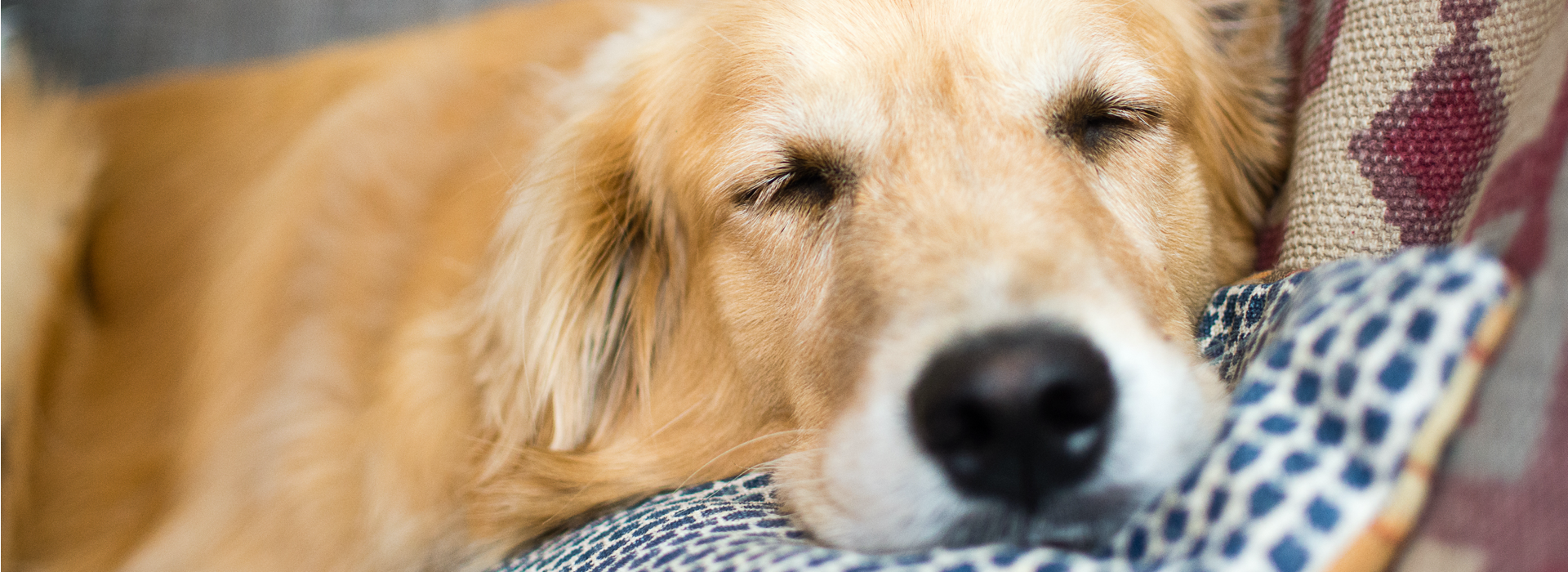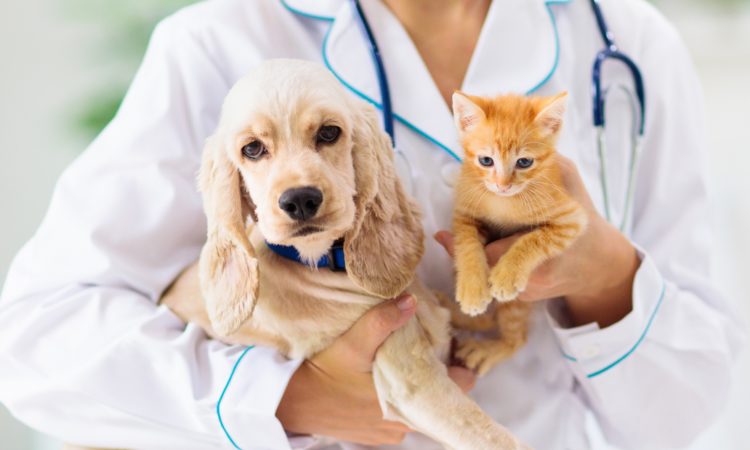At Elmvale Veterinary Hospital, our team understands how difficult it is to care for senior pets. Aging means your pet will need more specialized care and veterinary visits. Older pets are often at a vulnerable stage of health as their immune system weakens and their body slows down. Having a veterinarian’s input in your senior pet’s care can improve their quality of life and extend their lifespan.
When is my pet considered a senior?
This can differ based on your pet’s breed and size. For dogs, larger breeds age much faster than smaller breeds. A large breed dog can be considered a senior at 5 or 6-years-old while smaller dogs are seen as seniors from age 8 to 10-years-old. Cats are seniors anywhere from 8 to 10-years-old. If your pet falls within these age ranges, it’s time to consult a veterinarian and adjust their care. Please schedule an appointment with us for your senior pet at 705-322-2661.
What are signs my pet is aging?
As your pet gets older, it’s normal for their bodies and behaviour to change. Some of these changes may include:
- Greying around the muzzle, head, and chest
- Being less responsive
- Lumps and bumps
- Eyelid tumours
- Poor eyesight
- Weight loss/gain
- Being slower when they move
- Having soiling accidents
How can I care for my senior pet?
Here are some tips on how you can care for your senior pet:
- Ensure they have at least two senior wellness exams each year. Bi-annual veterinary visits give our team the chance to catch illnesses before they are difficult to treat. As a senior, your pet can develop illnesses such as diabetes, heart problems, Alzheimer’s, cancer, and kidney and liver problems. We can also monitor your pet’s existing conditions and provide treatment.
- Adjust your home to accommodate your pet. To care for your senior pet, you may want to install ramps, steps to their beds, or carpets if you have slippery floors.
- Change their diet. Your pet’s diet can be used to improve any health problems they have. Many senior pets may begin to lose interest in the foods they usually enjoy. Adding supplements and vitamins can also prevent your pet from developing health issues. Your pet’s diet may also need to change to prevent them from becoming overweight or obese. Your pet will be less active, so their calories and body fat need to be reduced.
- Include age-appropriate exercise in their routine. If your pet usually enjoys walks, you can stick to short intervals, so you don’t wear them out too quickly or use swimming to keep them active. You can use toy puzzles and laser beams to get your senior cat moving.






